Mullvad VPN Review: Is It the Most Privacy-Focused VPN?
Overview/Summary
Mullvad VPN is a favorite for people who care about online privacy. It offers a strict no-logs policy, anonymous sign-ups, and strong encryption. But does it truly lead the pack as the most privacy-focused VPN? Let’s find out.
Introduction to Mullvad VPN
Mullvad VPN, based in Sweden, has built a name for itself since 2009. The name 'Mullvad' means 'mole' in Swedish, hinting at its mission to keep you hidden online. Unlike most VPNs, it doesn’t ask for your email or personal details. Instead, you get a unique account number. This makes it a standout among online privacy tools, perfect for anyone who wants to stay anonymous.

Privacy Policies and Logging Practices
A VPN’s privacy depends heavily on its logging policy. Mullvad shines here with a no-logs promise that’s tough to beat. They don’t track your browsing history, IP addresses, or connection times. Independent audits back this up, giving you peace of mind.
Compare that to some VPNs caught logging despite their claims. For example, PureVPN once handed logs to the FBI, showing how risky vague policies can be. Mullvad even accepts cash payments by mail, keeping your identity off the grid.
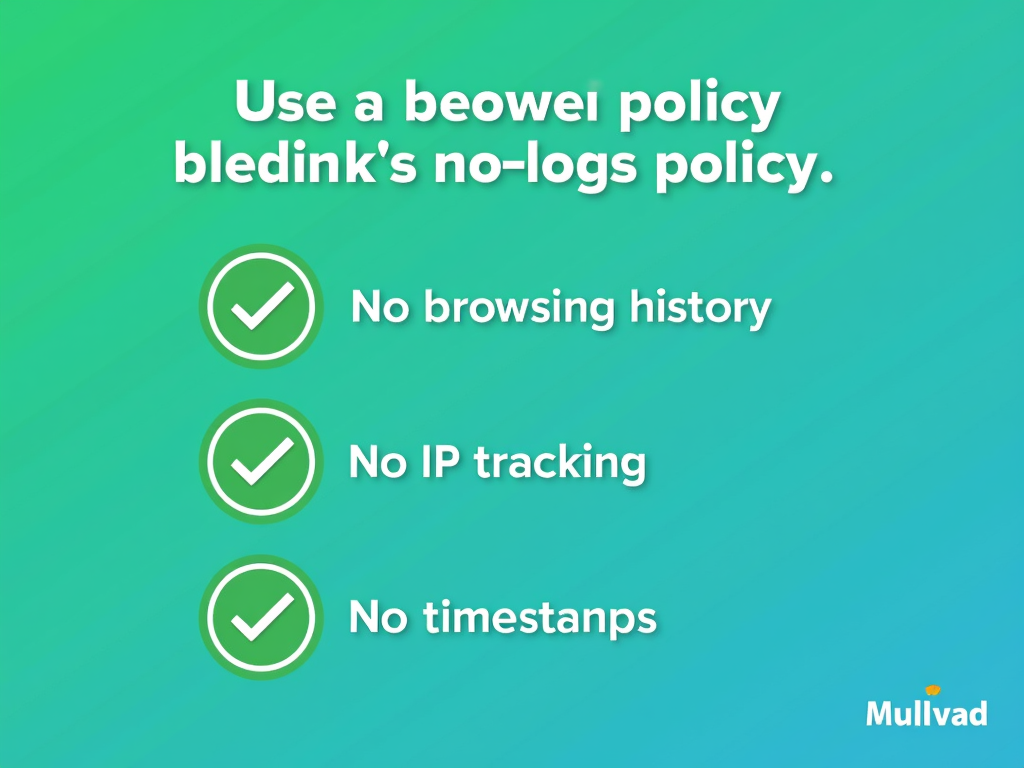
Encryption and Security Features
Mullvad uses AES-256 encryption, the same level trusted by governments. It’s rock-solid and keeps your data safe from prying eyes. They also offer OpenVPN and WireGuard protocols. OpenVPN is reliable and secure, while WireGuard is fast and modern.
Extras like a kill switch stop leaks if the VPN drops. Plus, their app is open-source, meaning anyone can check the code for flaws. This transparency boosts trust, a big deal for online privacy fans.

How Mullvad Compares to Other VPNs
Let’s stack Mullvad against big names like ExpressVPN and NordVPN:
- Sign-up: Mullvad needs no email; ExpressVPN and NordVPN ask for one.
- Logs: All claim no logs, but Mullvad’s audits and clarity stand out.
- Encryption: All use AES-256, but Mullvad and NordVPN add WireGuard—ExpressVPN uses its own Lightway.
- Location: Sweden (Mullvad) has strong privacy laws, like the British Virgin Islands (ExpressVPN) and Panama (NordVPN).
Mullvad wins for anonymity, but others might edge out in speed or ease of use.
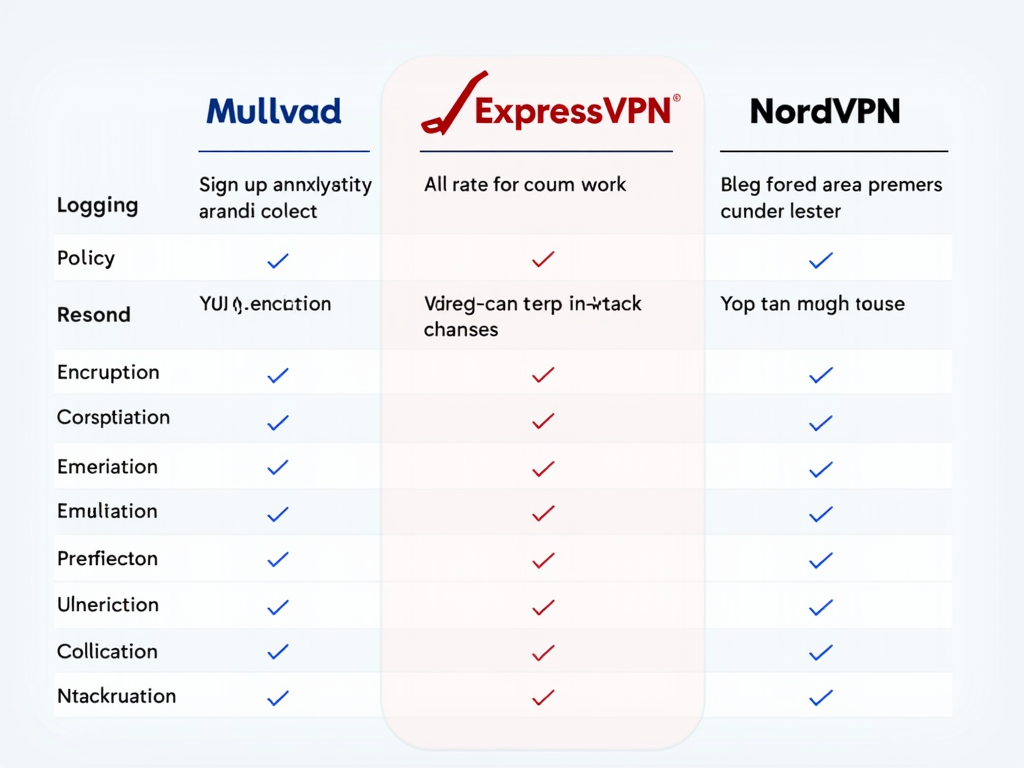
My Experience with Mullvad
I’ve used Mullvad for months, and it’s been a game-changer. Signing up was quick—no email, just a number. I paid with Bitcoin for extra privacy. Speeds were great for streaming and browsing, with no slowdowns.
The app’s server selection is handy. I pick servers by location and load to get the best connection. But the design? It’s basic. New users might find it tricky. Still, the open-source app and privacy focus make it worth it.
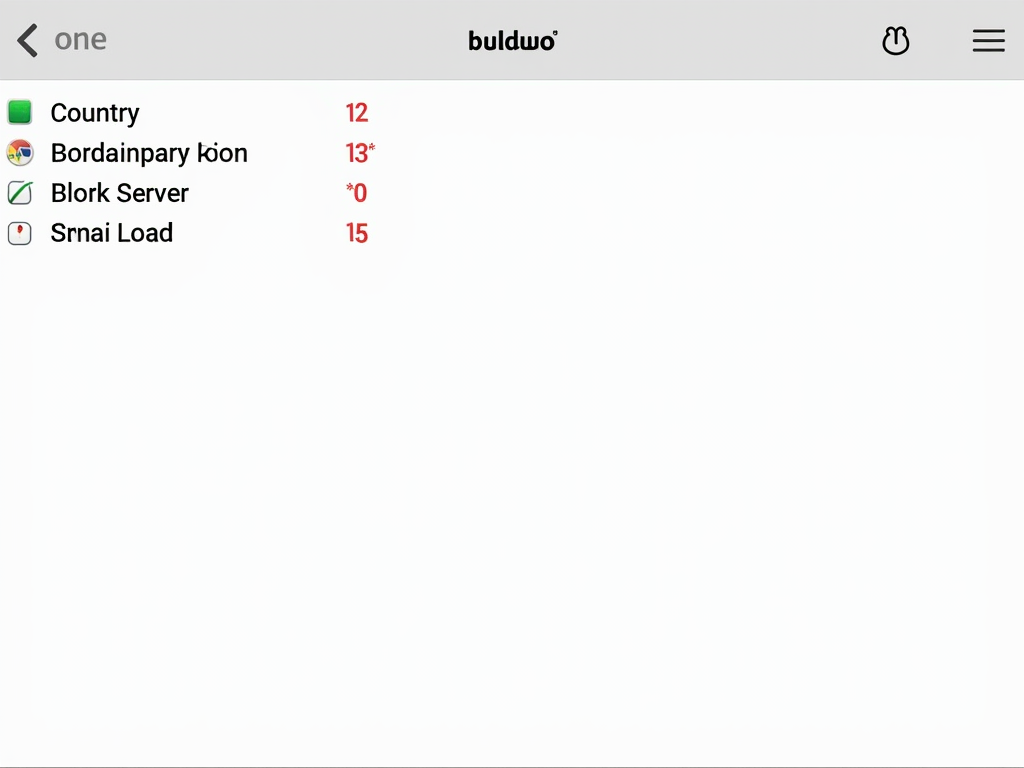
Why Privacy Matters
Online privacy isn’t just a buzzword—it’s a shield. Data breaches hit millions yearly, and surveillance is everywhere. A VPN like Mullvad hides your tracks. It’s not perfect, but its anonymous setup and no-logs stance make it a top pick among online privacy tools.
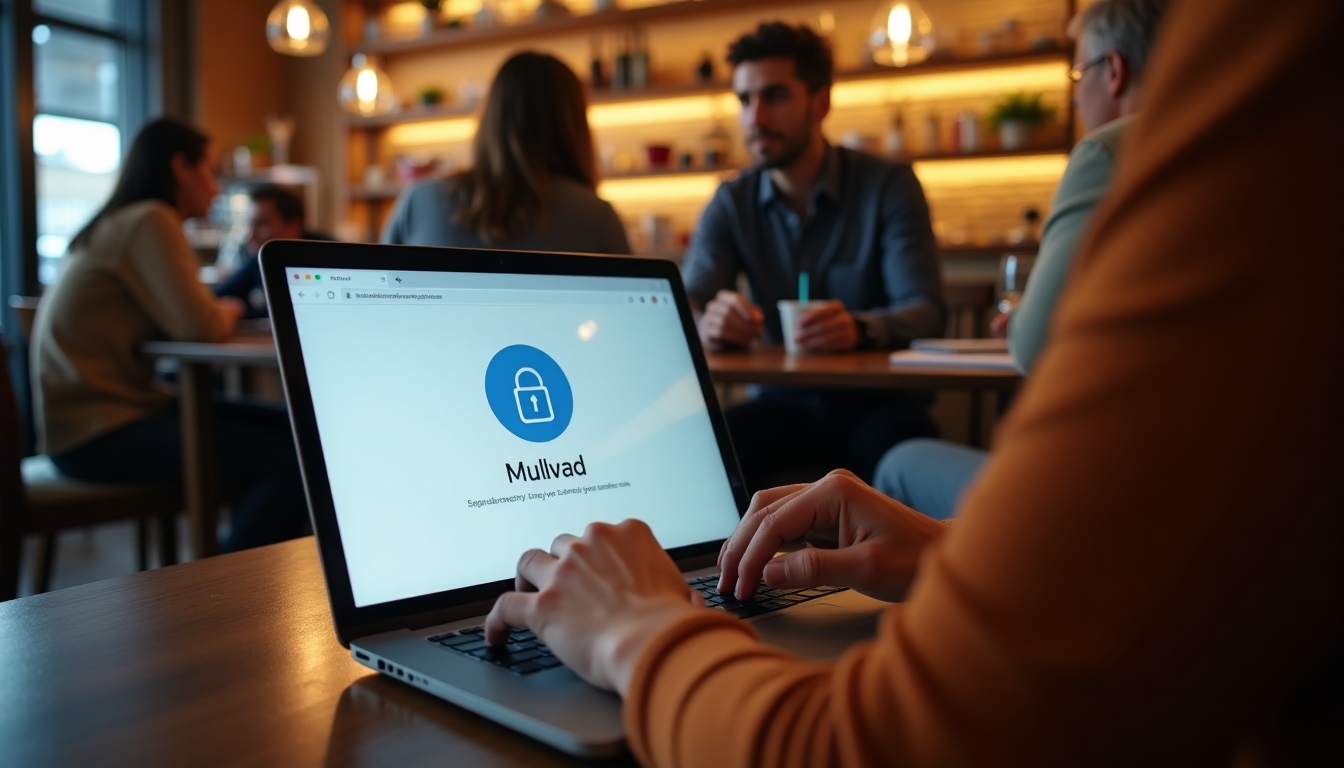
Pros and Cons
Here’s a quick breakdown:
- Pros: No personal info needed, strict no-logs, strong encryption, open-source.
- Cons: App design could be friendlier, fewer server locations than some rivals.
For privacy purists, the pros far outweigh the cons.
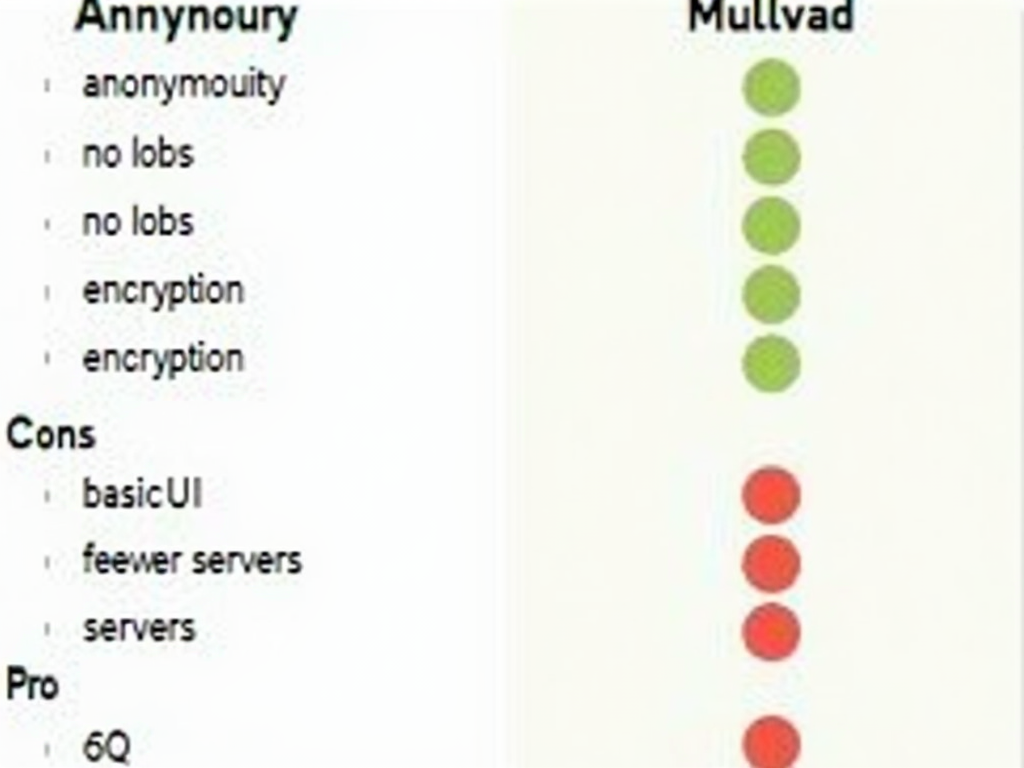
Tips for Using Mullvad
Want the most out of it? Use crypto or cash to pay. Test servers for speed—some are faster than others. Enable the kill switch always. And check their blog for updates—they’re open about fixes and changes.
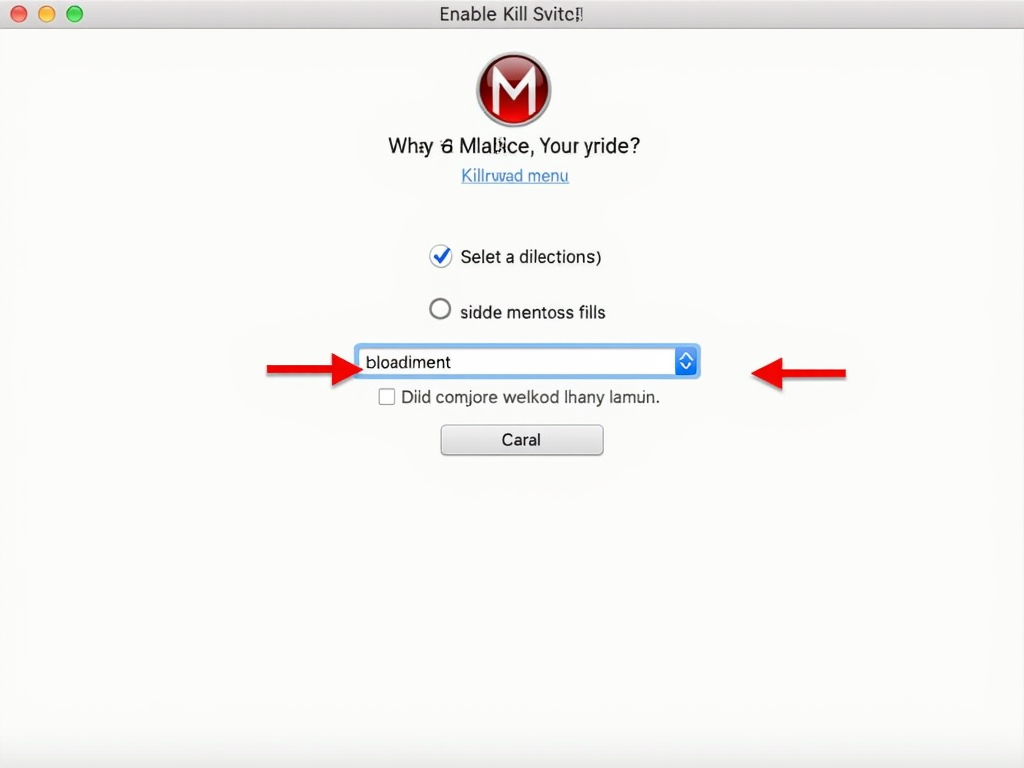
Summary
So, is Mullvad VPN the most privacy-focused VPN? It’s close. Its no-logs policy, anonymous accounts, and solid security make it a leader. The interface could improve, but for online privacy, it’s tough to beat. Check out these reads to dig deeper:
- The Importance of Online Privacy from EFF
- How to Pick a VPN by Consumer Reports
- VPN Encryption Explained from CSO Online